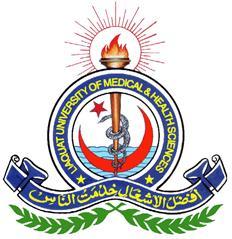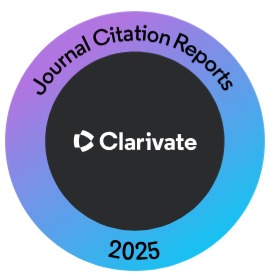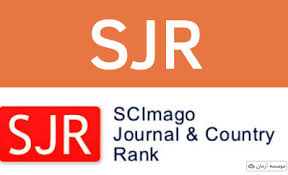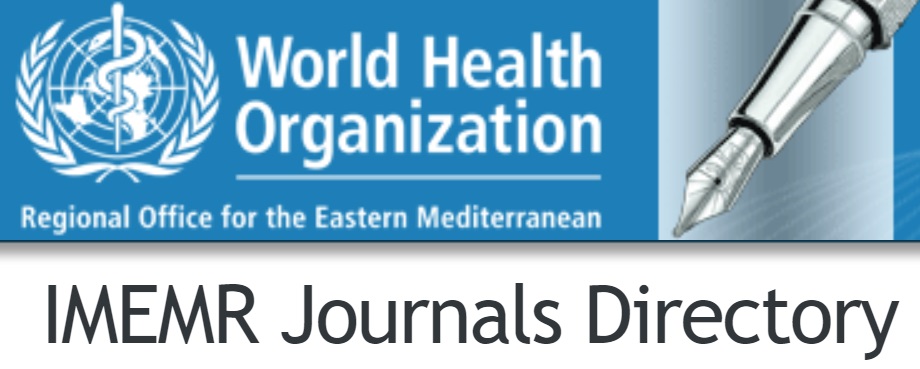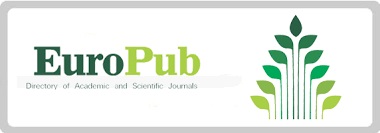Effect of HBA1C on Cognitive Skills in Type 2 Diabetic Patients Received at Liaquat University Hospital
Abstract
Objective: To determine the effect of HbA1c on cognitive skills of type 2 diabetic patients received at Liaquat University Hospital, Jamshoro.
Methodology: The retrospective Cohort study was conducted on 278 patients received at Liaquat University Hospital, Jamshoro from September 2019 to March 2020. Sampling technique was non probability, consecutive. The inclusion criteria were both genders age more than 18 years and diabetes mellitus type 2 while the exclusion criteria were other causes of cognitive impairment including thyroid disease, psychiatric illness, alcohol intake, smoking, dementia, delirium, dyslipidemia, ischemic heart disease, stroke, anemia, and pregnancy. A proforma was used to collect data including Hemoglobin A1c and score obtained on General Practitioner Assessment of Cognition Scale. Analysis was done using SPSS 20. This study was funded by the authors.
Results: About 55.76 % participants were males. Mean [SD] age was 54.7 [5.4] years, diabetes duration was 8.7 [5.2] years. Baseline HbA1c ranged from 4.1% to 13.2%. A number of 96 patients (34.53%) were cognitively impaired as assessed by General Practitioner Assessment of Cognition Scale. Out of these, 79 patients (82.29%) had elevated HbA1c.
Conclusion: Significant association was seen between elevated HbA1C andcongitive impairment in patients with type 2 diabetes mellitus received at medical wards of Liaquat University Hospital, Jamshoro.
Key Words: HBA1C (Hemoglobin A1c), Type 2 Diabetes Mellitus, Cognitive Function
Downloads
Published
How to Cite
Issue
Section
License
Copyright (c) 2022 Journal of Liaquat University of Medical & Health Sciences

This work is licensed under a Creative Commons Attribution-NonCommercial-ShareAlike 4.0 International License.
Submission of a manuscript to the journal implies that all authors have read and agreed to the content of the undertaking form or the Terms and Conditions.
When an article is accepted for publication, the author(s) retain the copyright and are required to grant the publisher the right of first publication and other non-exclusive publishing rights to JLUMHS.
Articles published in the Journal of Liaquat University of Medical & health sciences are open access articles under a Creative Commons Attribution-Noncommercial - Share Alike 4.0 License. This license permits use, distribution and reproduction in any medium; provided the original work is properly cited and initial publication in this journal. This is in accordance with the BOAI definition of open access. In addition to that users are allowed to remix, tweak and build upon the work non-commercially as long as appropriate credit is given and the new creations are licensed under the identical terms. Or, in certain cases it can be stated that all articles and content there in are published under creative commons license unless stated otherwise.


